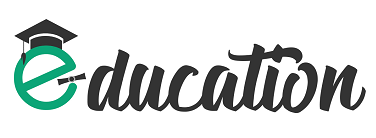Applying to a PhD program is a significant step in one’s academic career, indeed a commitment that spans several years and shapes one’s professional future. While one meticulously examines various aspects of the programs on offer, from faculty expertise to research facilities, there’s an invaluable resource often overlooked: discussions with current students. Engaging with individuals currently navigating the program you’re interested in provides insights no brochure or website can match. This blog post explores why talking with current PhD students is an indispensable part of the application process.
Firstly, current students provide a window to the actual student experience, beyond the polished testimonials and marketing materials. They can share their day-to-day realities, including the challenges they face, the workload, the dynamics of the student-faculty relationships, and the overall academic atmosphere. This firsthand account helps in understanding if the program’s culture and rigors align with your expectations and resilience.
Secondly, these discussions can shed light on the mentoring style of the faculty. Each advisor has a unique approach to guidance, feedback, and support. Current students can offer perspectives on how accessible and responsive faculty members are, and how they mentor their students through academic hurdles. This is crucial since a PhD program is as much about navigating academic challenges as it is about the quality of mentorship received.
Networking opportunities form another critical aspect. Current students can provide an inside look at the networking opportunities that the program organically offers or encourages. Be it conferences, workshops, or collaborative projects, understanding the scope and frequency of these opportunities can significantly influence one’s decision. After all, networking is key to building a successful career post-PhD.
Lastly, insights into post-graduation paths that alumni have taken can be gleaned from current students. They are likely to have connections with recent graduates who can share their experiences about transitioning from being a student to a professional or academic role. This information is gold for applicants, as it sheds light on the program’s effectiveness in preparing students for the future.
In conclusion, dialogues with current PhD students offer a treasure trove of insights that are pivotal in making an informed choice about where to invest years of one’s life and energy. Such conversations can demystify the PhD experience, provide a realistic preview of what lies ahead, and ultimately, guide you towards a program that best fits your academic and professional aspirations. Remember, a program may look perfect on paper, but it’s the voices of those in the thick of it that illuminate the path ahead.




